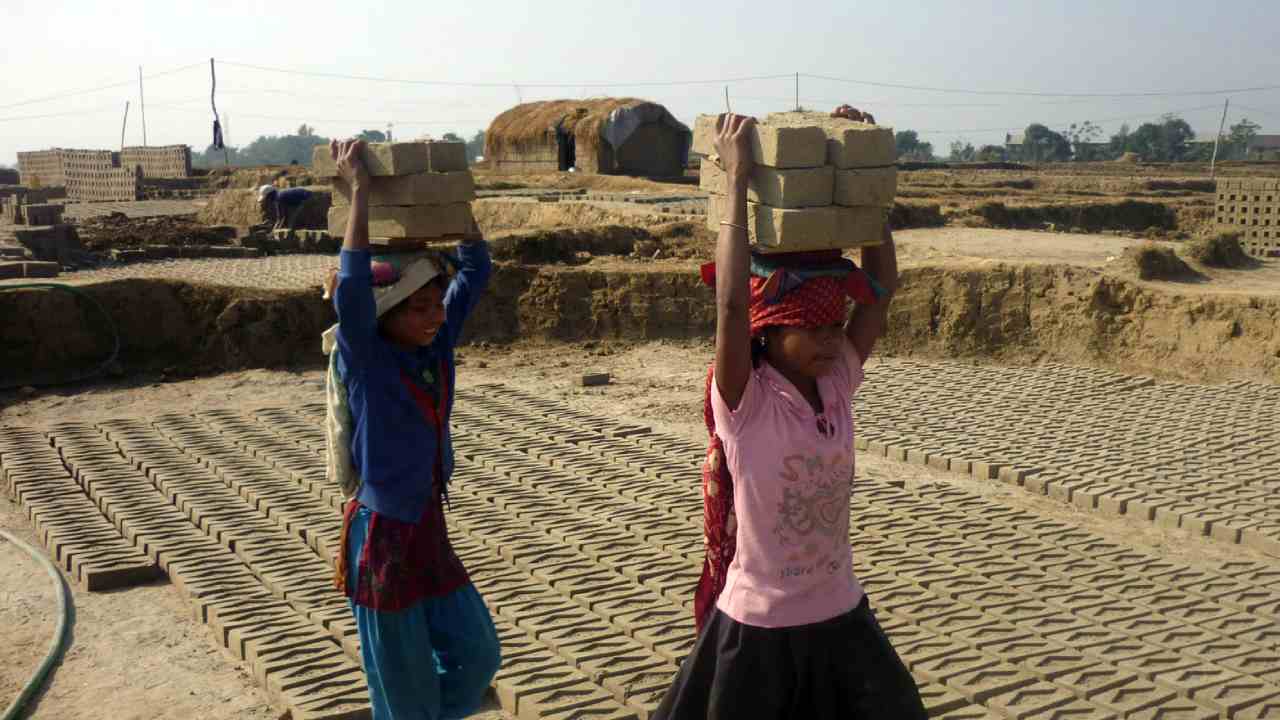Social protection for rural workers “remains a dream”, according to a report launched in Geneva. The report was launched by the Bureau for Workers’ Activities (ACTRAV) which is a part of the UN’s International Labour Organization (ILO).
According to the study “Decent work deficits among rural workers”, This is of particular concern to those in precarious working conditions, including informal, casual, temporary, subcontracted and day labourers, who make up the vast majority of the workforce in agricultural plantations.
Based on 16 case studies covering 15 countries in Africa, Asia, Central Asia, Europe and Latin America, the publication shows that poor working conditions are found across all sectors and in relation to every substantive element covered by the framework. The framework reveals that forced child labour, as well as debt bondage, remain a reality for many people in the world.
Up to 95% of children in hazardous work are employed in agriculture, especially in the cocoa, palm oil and tobacco sectors.
“Many of these workers are young and left school at a young age with little or no training. The transition from education to paid employment is difficult, if not impossible, for many young people in rural areas,” said Maria Helena André, an ILO expert in the report’s foreword.
Some 80% of the worlds poor live in rural areas, many of whom face serious decent work deficits, including inadequate security, low pay, lack of stability and security, and excessive working hours. Women and young workers continue to be the most affected.
Women tend to be the most affected. The report reveals that women are disproportionately represented in the most precarious positions; they have to accept low-paid and low-skilled jobs, suffer huge gender pay gaps and are more prone to harassment and abuse in the workplace compared to male workers.
The report also describes chemical exposure as serious health and other risks to farmworkers, particularly children and pregnant and lactating women.
To address labor deficits, the ILO proposes a series of recommendations, among which the strengthening of labor administration in rural economies, the formalization of informal companies and labor contracts stand out.
It also calls for improved presence and capacity in rural economies of trade unions and other grassroots workers’ organizations and the ratification and adherence to relevant standards, ILO conventions and other international labor standards.
The study advocates the integration of rural economic sectors in formal and institutionalized social dialogue, as well as strengthening crisis preparedness and social protection in the rural economy.


























